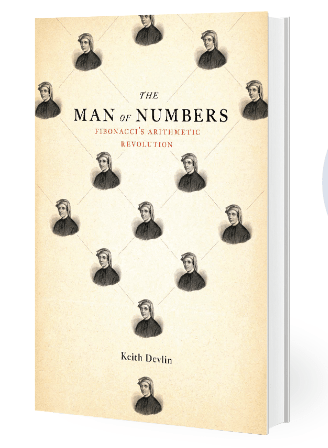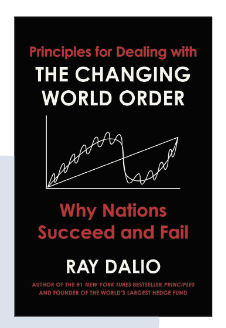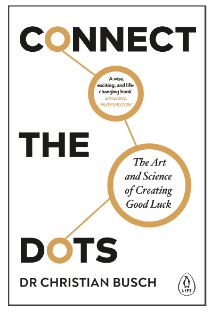The Luckbox Bookshelf
New and not-so-new books that captured our attention this month
The Man of Numbers: Fibonacci’s Arithmetic Revolution
By Keith Devlin

In this scholarly 2011 biography of Leonardo of Pisa—the 13th-century math whiz better known as Fibonacci—author Keith Devlin documents a life of nearly unparalleled achievement. At the same time, Devlin shoulders the task of dispelling some of the many flawed theories Fibonacci’s work inspired.
While it’s true that Fibonacci reshaped the Western world by introducing it to mathematics from the East, his work also inspired an incredible array of false theories in disciplines ranging from architecture to music. You can read more all about that here.
But don’t let the tall tales woven by others overshadow Fibonacci’s astounding contributions. After all, he’s credited with popularizing the Hindu Arabic numerals 0-9 in Europe. Before that, the West was still relying on unwieldy Roman numerals.
He also introduced Westerners to an Eastern series of numbers that came to be known as the Fibonacci sequence. It’s a progression of numbers that recur in mathematics and nature, but not necessarily in investing.

Principles for Dealing with The Changing World Order: Why Nations Succeed and Fail
By Ray Dalio
In another installment of his Principles series, veteran investor Ray Dalio demonstrates in his new book that a long string of tumultuous moments in economics and politics indicate the future won’t resemble the past.
In recent years, Dalio has witnessed dynamics unlike anything he has seen before in his years of following markets. Globally, they include staggering amounts of debt and near-zero interest rates in the world’s three major reserve currencies. Inside individual countries, he sees political polarization, inequality of wealth and cultural conflict. Add to that the escalating tension between China and the United States.
His research shows the convergence of such conditions tends to precede shifts in power and redistribution of wealth. But there’s hope even in the face of monumental change, he suggests. Policymakers, business leaders and investors must look to the last 500 years of history to learn the lessons taught by nine empires that have risen only to fall.
Connect The Dots: The Art and Science of Creating Good Luck
By Christian Busch

The Serendipity Mindset, subject of a feature in the May 2021 Luckbox, is coming out in paperback with an additional chapter. Latch onto it to learn how author Christian Busch teaches the art of turning uncertainty into opportunity.
Through his work at New York University and the London School of Economics, Busch has studied hundreds of people and has found an intriguing common denominator: The most joyful and successful people have developed the skill of “connecting the dots.”
That means they recognize opportunities and turn them into positive outcomes. They do it by tapping into a seldom-mentioned force in the universe—serendipity.
Many define serendipity as an accidental coincidence with a happy ending. But Busch insists that people can learn to think in ways that invite serendipity into their lives.
He backs up that belief with anecdotes that show how certain habits set the stage for serendipity to occur. Once that’s established, he offers exercises to help train readers to attract serendipity. It’s his formula for happiness and success.



